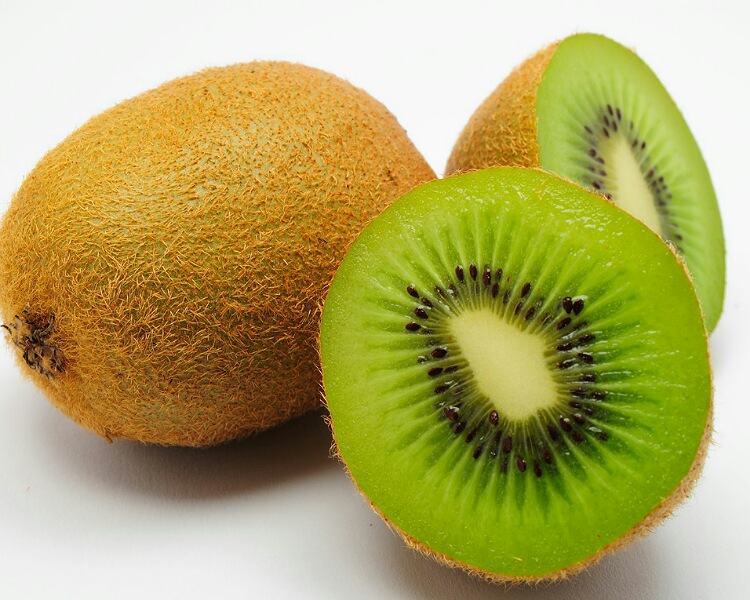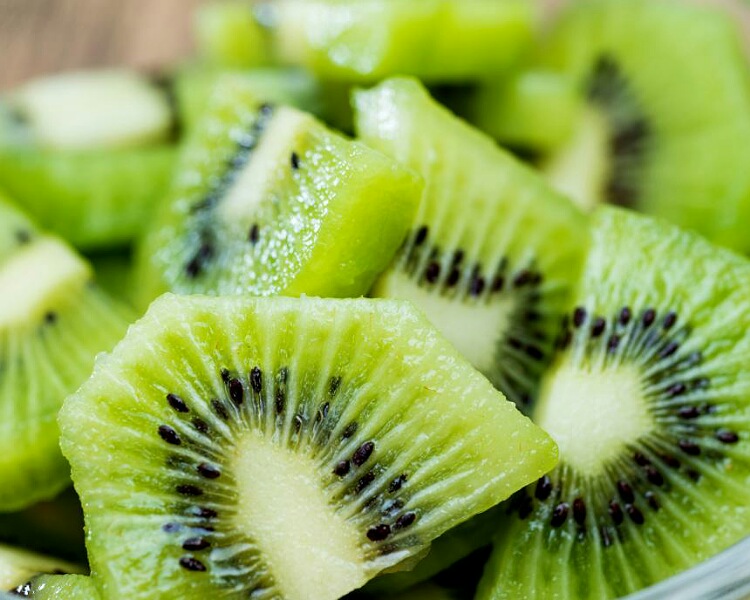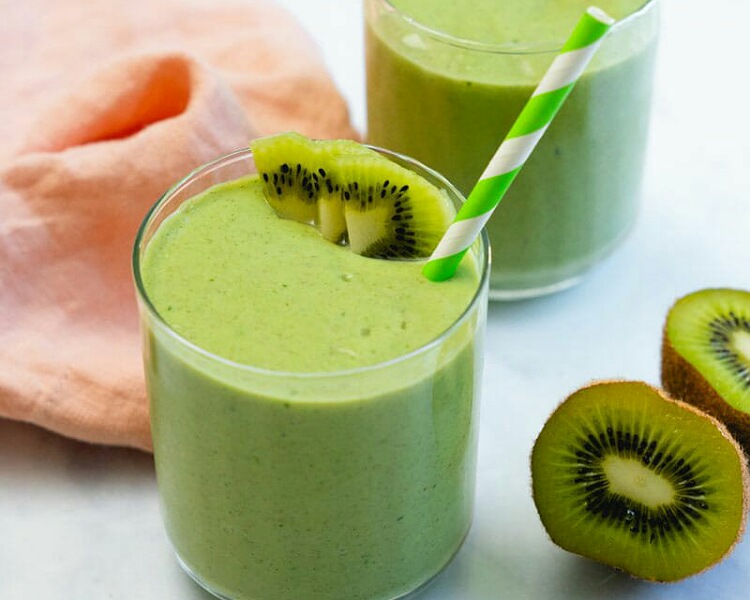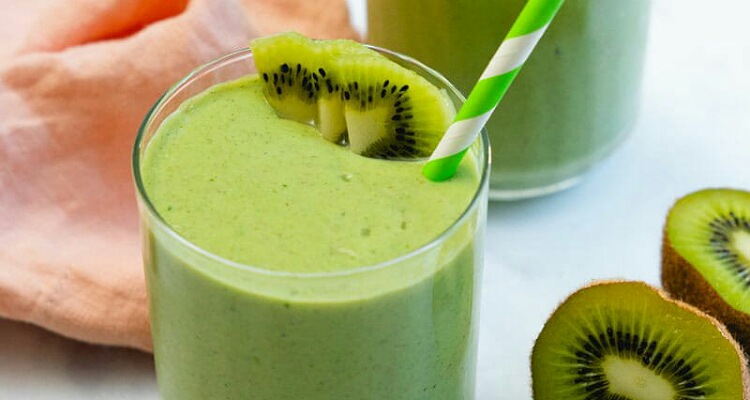Kiwi fruit is a large berry that a woody vine bears. The main cultivator of this fruit is New Zealand from where it is exported worldwide. It is not only delicious but also nutritious. What health benefits does this fruit provide to the eater?
Kiwi fruit: the origin
Kiwi fruit grows as a large berry on certain specific woody vines. Though currently, the main producer of this fruit is New Zealand, its origin was in Eastern China.
The fruit is oval and the outer skin is green and tough and hairy. Its size is similar to that of a hen egg or slightly larger than it.
The skin is tart and edible. The inner flesh is green in color with black seeds. This is sweet to sour in taste and the texture is soft to firmish.

One can eat these fruits with any meal of the day. The fruit has a lot of nutrients that make the diet healthy. Though a little expensive compared to other common fruits, the price is worth their nutritive importance.
Nutritional facts
Kiwi fruit has a lot of nutrients, antioxidants, minerals, and vitamins. It has high levels of vitamin C, dietary fiber, iron, antioxidants, and carotenoids, all of which enrich the diet.
140 grams of kiwi has 90 calories, 1 gram each of proteins and fats, and 21 grams of carbs with 15 grams of sugars.
It also has 5 grams of dietary fiber. Due to the sugars, it is best to consume them in moderation like other fruits. Too much can give rise to digestive or metabolic problems.
There is no cholesterol in it. Sodium is just 3 mg in 100 grams of kiwi but potassium is 312 mg. This potassium helps in the relaxation of the blood vessels. It also has some calcium, magnesium, and vitamin B6 but no vitamin D or cobalamin.

Some people are allergic to kiwi. The symptoms include itching tongue and lips, throat irritation, swelling around the mouth and lips and tongue, breathing difficulties, and skin rashes. Some feel dizzy or have nausea, vomiting, and tummy pain.
Health benefits and preparation
Kiwi has 230% of the daily recommended limit of vitamin C. Hence, they are good for immune function, prevention of colds, healthy gums, wound healing, and collagen synthesis.
Their potent antioxidants protect the body’s cells and organs from inflammation and disease. They also assist in keeping the blood pressure under control. They are excellent for the heart and the prevention of strokes.

Dietary fiber helps in gut health, prevention of inflammation, and lowering of bad cholesterol. They regulate bowel movements and overcome constipation. It aids asthma control. Due to its good amounts of carotenoids, kiwi is good for ocular health.
Read more: Fruits and the best time of the day to consume them!
One can eat it raw at breakfast or lunch. Blend it to make a smoothie. Cut pieces can enrich vegetable salad. Consume it with Greek yogurt to make a delightful dessert.
